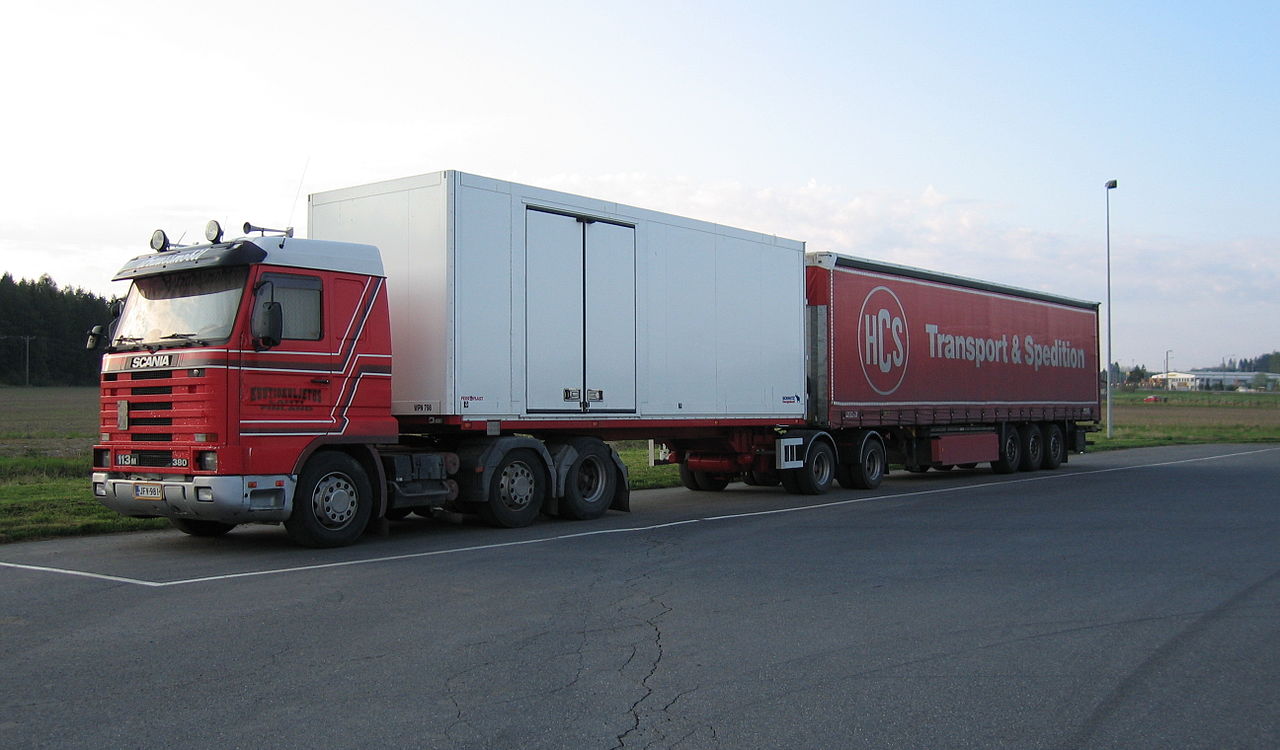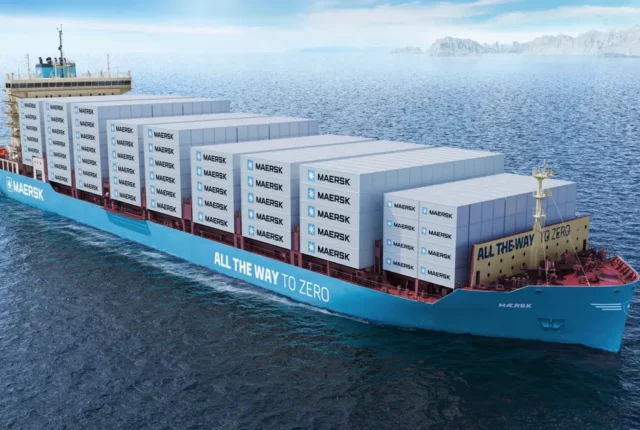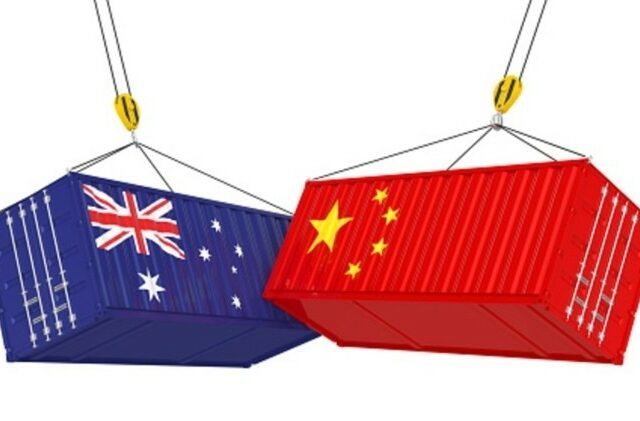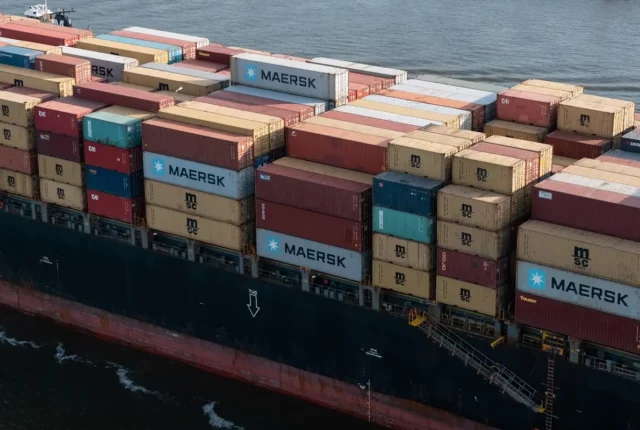
Innovations Driving Efficiency in Netherlands Road Freight
The road freight sector in the Netherlands is undergoing a significant transformation. With increasing pressure to improve operational efficiency and reduce environmental impact, the adoption of innovative technologies has become essential. From the use of advanced telematics to the rise of autonomous trucks and electrification, these developments are reshaping how goods are transported across the country. This article explores the key innovations driving efficiency in the Dutch road freight industry and their implications for the future.
Advanced Telematics Systems
Real-Time Vehicle Tracking
One of the most transformative tools in the logistics industry is advanced telematics, particularly real-time vehicle tracking. By leveraging GPS and sophisticated fleet management systems, logistics companies in the Netherlands can monitor their vehicles’ locations and movements around the clock. This allows them to optimize routes, reduce fuel consumption, and ensure timely deliveries.
Real-time tracking enables dispatchers to adjust routes dynamically, avoiding traffic jams and road closures that could delay shipments. Additionally, it helps reduce empty miles—trips where trucks travel without cargo—thereby boosting overall fuel efficiency. With the integration of telematics, fleet managers gain detailed insights into driver behavior, enabling them to promote safer driving habits and reduce the risk of accidents.
Predictive Maintenance Technology
Predictive maintenance has emerged as a game-changer in reducing vehicle downtime and operational costs. Through the use of IoT sensors and data analytics, companies can monitor the health of their vehicles continuously. These sensors collect data on various components, such as engine performance, tire pressure, and brake conditions. When anomalies are detected, the system can predict potential failures before they occur, allowing maintenance to be scheduled at the most convenient time.
In the Netherlands, where road freight is a critical part of the economy, minimizing breakdowns is crucial. Predictive maintenance ensures that trucks stay on the road longer, reducing delays and ensuring that goods reach their destinations on time. By decreasing unexpected repairs, companies can also better manage their maintenance budgets, contributing to a more efficient logistics operation.
Electrification of Freight Fleets
Adoption of Electric Trucks
The shift toward electrification is one of the most significant trends in the Dutch road freight sector. As part of the Netherlands’ ambitious climate goals, many logistics companies are transitioning to electric trucks. Models like the Volvo FL Electric and the DAF CF Electric are becoming increasingly common on Dutch roads, especially for urban deliveries.
The development of charging infrastructure is critical to supporting this transition. Public and private stakeholders are working together to establish a network of fast-charging stations along key logistics corridors. This ensures that electric trucks can recharge quickly during long-haul trips, minimizing downtime and keeping deliveries on schedule.
Digital Freight Matching Platforms
Benefits of Digital Freight Marketplaces
Digital freight matching platforms are revolutionizing the way shippers connect with carriers. These online marketplaces allow logistics providers to post available cargo, while carriers can bid for jobs, creating a more efficient allocation of resources. By using digital freight platforms, companies can significantly reduce empty miles and ensure that trucks are always fully loaded, maximizing fuel efficiency and reducing operational costs.
Platforms like Transporeon and Uber Freight have gained traction in the Netherlands, where they help optimize the logistics process by matching supply and demand in real time. This streamlines the process of finding carriers, especially for small and medium-sized businesses, which benefit from the accessibility and transparency these platforms provide.
Artificial Intelligence in Load Matching
Artificial intelligence (AI) is enhancing the capabilities of digital freight platforms by enabling smarter load matching. AI algorithms analyze historical data, current market trends, and other variables to predict demand and match loads with available capacity. This predictive capability helps logistics companies make quicker, more accurate decisions, reducing lead times and improving overall efficiency.
By employing AI in load matching, companies can anticipate market fluctuations, optimize their pricing strategies, and avoid delays. In a competitive logistics landscape, AI-driven load matching gives companies an edge in terms of speed, efficiency, and customer satisfaction.
Green Logistics and Sustainable Practices
Carbon Reduction Strategies
Sustainability is becoming an essential aspect of logistics in the Netherlands, with road freight companies taking steps to minimize their carbon footprint. The Dutch government has set ambitious carbon reduction goals, and the logistics industry is stepping up with several carbon-reducing initiatives. One of the key strategies involves using CO2 emission tracking software, which helps companies monitor and manage their environmental impact more accurately.
Low-emission zones (LEZ) have been introduced in many Dutch cities, restricting access for high-pollution vehicles. Companies are incentivized to use low-emission or zero-emission vehicles to enter these areas, leading to more sustainable delivery practices. Additionally, companies are optimizing delivery schedules to reduce the number of trips and utilize eco-driving techniques, which include strategies like smooth acceleration and minimizing idling times, further cutting down fuel use.
Investment in Biofuels
Biofuels offer a practical solution for freight companies aiming to reduce emissions without fully transitioning to electric or hydrogen vehicles. In the Netherlands, biofuel usage has grown as a sustainable alternative to traditional diesel. Biodiesel, renewable diesel, and other plant-based fuels have lower emissions than fossil fuels and can be used in existing diesel engines with minimal modification.
Many logistics providers have partnered with biofuel suppliers to incorporate these sustainable fuels into their fleets. Some companies are even involved in initiatives to produce biofuels locally, creating a circular economy by recycling waste materials into fuel. Although biofuels may not completely replace diesel, they represent a valuable transitional solution for reducing emissions in the short term while the industry shifts toward full electrification or hydrogen.
Cold Chain Logistics Innovations
Advanced Refrigeration Technology
The Netherlands is a major hub for food and pharmaceutical industries that rely heavily on cold chain logistics. Recent innovations in refrigeration technology are improving the efficiency and reliability of temperature-controlled freight. Modern refrigerated trucks now come equipped with more energy-efficient cooling systems, reducing fuel consumption while maintaining precise temperature control.
Advanced insulation materials and multi-temperature compartments allow for the simultaneous transport of products with different temperature requirements. This is particularly beneficial for mixed cargo loads, such as food and pharmaceuticals, that need strict temperature monitoring. By investing in these technologies, logistics providers can ensure product quality, reduce energy costs, and decrease the risk of spoilage during transit.
Smart Infrastructure and Connected Roads
Intelligent Traffic Management Systems
As a densely populated country with high traffic density, the Netherlands has been proactive in developing smart infrastructure to improve traffic flow and reduce congestion. Intelligent Traffic Management Systems (ITMS) use sensors, cameras, and data analytics to monitor traffic patterns in real time and adjust signals accordingly. These systems optimize traffic light timing, reduce bottlenecks, and ensure smoother travel for freight vehicles.
Connected Vehicle-to-Infrastructure (V2I)
Vehicle-to-Infrastructure (V2I) technology facilitates direct communication between trucks and road infrastructure, such as traffic lights and highway sensors. In the Netherlands, V2I is being integrated as part of the nation’s smart road initiatives. This technology allows freight vehicles to receive real-time updates on road conditions, speed limits, and upcoming hazards.
By connecting with infrastructure, V2I technology helps freight companies optimize route choices and improve delivery accuracy. It also enhances road safety by providing drivers with timely warnings about roadwork or adverse conditions. V2I is expected to grow as 5G networks expand across the country, further enhancing the efficiency of road freight operations.
The Netherlands is at the forefront of innovation in road freight, driven by an increasing need for efficiency and a strong commitment to sustainability. Advanced telematics, autonomous trucking, electrification, digital freight platforms, and smart infrastructure are reshaping the industry. These innovations not only enhance the operational efficiency of logistics providers but also contribute to the Netherlands’ ambitious climate goals. Despite challenges, including regulatory compliance and high investment costs, the potential benefits are significant.






